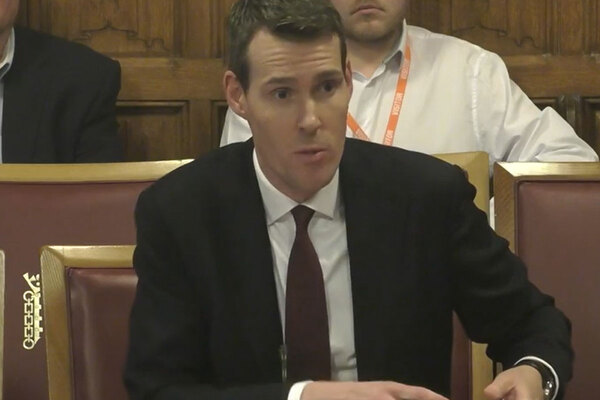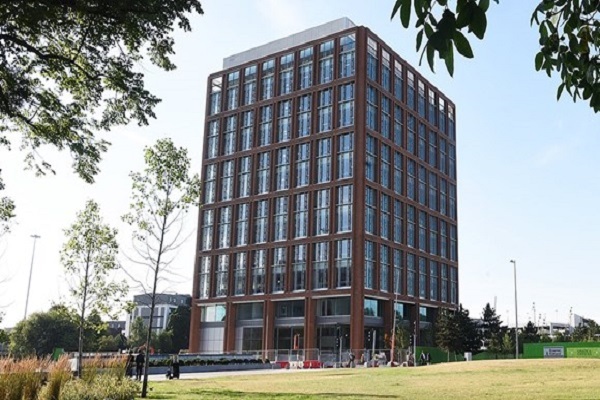You are viewing 1 of your 1 free articles
Latest figures show more than 5,000 children living in temporary accommodation in Northern Ireland
The latest government homelessness statistics for Northern Ireland showed there were 5,106 children living in temporary accommodation, 40% of which were under five.
There has also been a stark increase in households living in temporary accommodation, more than doubling from January 2019 to March 2024 from 2,065 to 4,784.
In turn, the spend on temporary accommodation such as B&Bs and hotels has risen from £5.8m in 2018-19 to £34.5m in 2023-24.
Nicola McCrudden, chief executive of Homeless Connect, which represents homelessness organisations in Northern Ireland, said: “The homelessness crisis continues and is particularly telling when we are seeing thousands of children and families without a home of their own.”
Ms McCrudden added: “Living in accommodation that is not permanent is disruptive for schooling and education and has impacts for mental health and well-being.”
She also expressed concern about the Department for Communities (DfC)’s budget, which has been cut by 38% for 2024-25 despite greater levels of need for services.
This has subsequently led to the number of social housing new starts the department can fund to fall by 73%, from 1,508 in 2023-24 to around 400.
Ms McCrudden said: “It is a basic fact that you cannot reduce or prevent homelessness without an adequate supply of housing… At a time when it would be beneficial to increase spending on homelessness prevention, the Housing Executive is having to divert spending towards paying for expensive private sector temporary accommodation.”
“While it is acknowledged that the executive faces major financial pressures, it has to be recognised that the budgetary choices taken will negatively impact some of the most marginalised and disadvantaged people in society,” she added.
Justin Cartwright, national director for Northern Ireland at the Chartered Institute of Housing, also expressed concerns about the new statistics, which he said highlight the severe lack of social housing investment in Northern Ireland.
“The reliance on expensive, non-traditional temporary solutions like hotels and B&Bs is unacceptable for both the people who need safe and affordable homes and for public funds,” he said.
He stated that with fewer new homes being built, the number of people in temporary accommodation is only going to rise.
“The Northern Ireland Executive must prioritise building more social housing and preventing homelessness, not just managing homelessness after the fact,” Mr Cartwright added.
The figures comes after a new report by the Simon Community concluded that an estimated 25,000 more people are experiencing homelessness in Northern Ireland than official figures show.
A DfC spokesperson said: “The minister has outlined his ambition to prioritise prevention of homelessness, working with the Northern Ireland Housing Executive and the sector to ensure that homelessness is rare, brief and non-recurrent.
“The minister recognises that it will take time – and a collective effort – to achieve this ambition, particularly given the ongoing cost of providing temporary accommodation, which is increasing for a range of reasons.
“However, the short-term focus must continue to be supporting those currently in crisis.”
Sign up for our Northern Ireland bulletin
Already have an account? Click here to manage your newsletters












